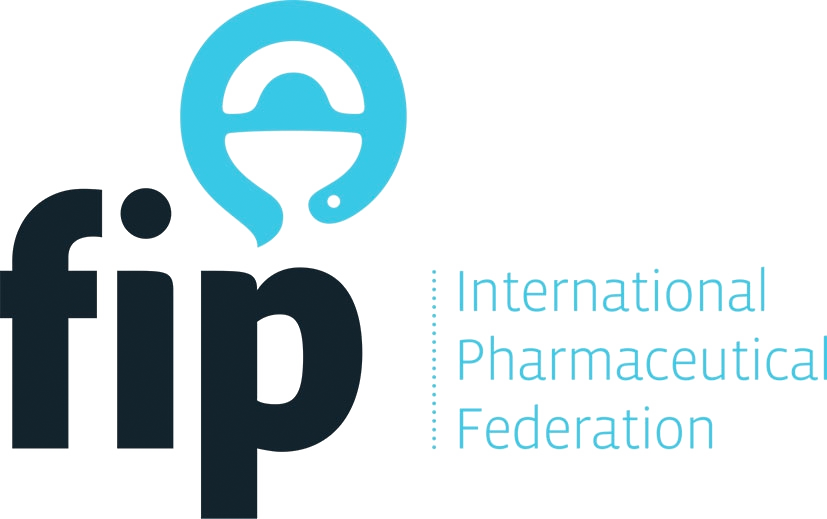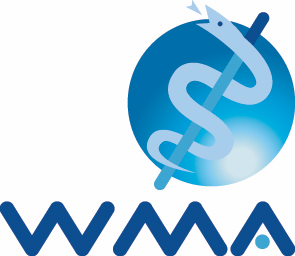January 2018
Honourable chair, distinguished delegates,
Thank you for the opportunity to speak on behalf of the International Pharmaceutical Federation (FIP), supported by the World Health Professions Alliance (WHPA), representing over 31 million physicians, nurses, pharmacists, dentists and physical therapists in more than 130 countries.
WHPA is pleased that we were given the opportunity to review and comment on The Draft WHO’s 13th General Programme of Work 2019–2023. WHPA appreciates the wide and open consultation process, as it is an important step towards enhanced collaboration and engagement with health professions organisations in the plan that defines WHO’s future work.
Under points 41 and 42, we would like to highlight the importance of interprofessional collaboration. This starts already with meaningful interprofessional learning experiences during undergraduate education that involves genuine engagement and opportunities to interact with students of other professions as opposed to learning in silos.
Furthermore, the topic of Patient Safety deserves particular attention of WHO. It is currently not mentioned in the plan specifically, and its efforts may be diluted if it is only part of the broad agenda of universal health coverage. WHO has recently adopted its third WHO’s Global Patient Medication Safety Challenge with the overall goal to reduce medication errors and medication related harm by 50% in the next five years, worldwide, as currently, the avoidable harm and death amounts to 0.7% of total global health expenditure worldwide. There is a clear need for WHO to continue its leadership in this field.
With an increasing number of initiatives from both public and private sectors being implemented, we call on WHO to ensure coordinated, consistent and integrated solutions at local and international level.
Finally, we would like to reaffirm our commitment to contribute to WHO work.
Thank you for your attention.




